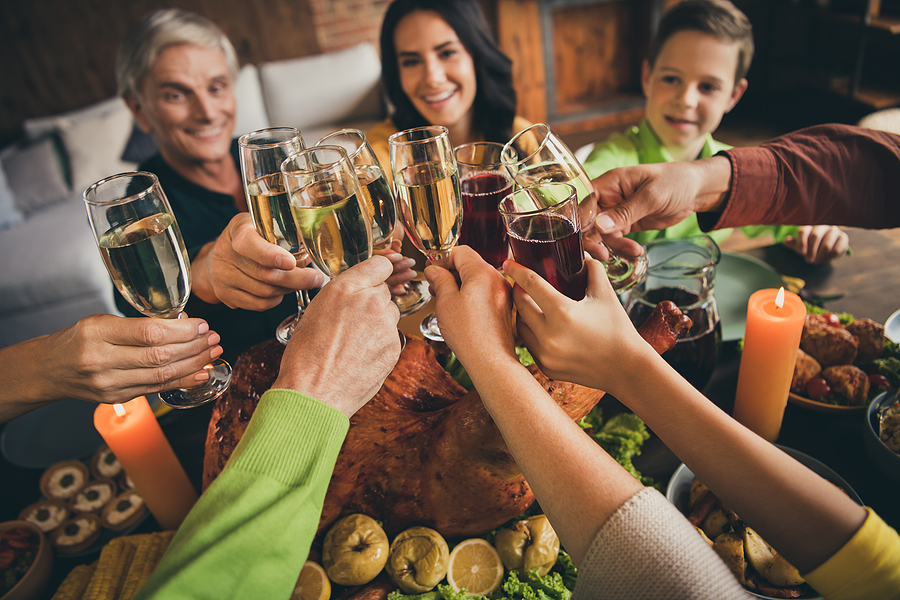Intoxicated Guests and Premise Liability in Florida
 Michael Babboni
Premises Liability
With the holidays fast approaching, it is important for both business owners and homeowners to review premise liability information for their restaurants and if they have parties at their homes.
Michael Babboni
Premises Liability
With the holidays fast approaching, it is important for both business owners and homeowners to review premise liability information for their restaurants and if they have parties at their homes.At most parties, alcoholic beverages will be served and consumed, so it is important to understand the legal ramifications involved if an intoxicated person were to become injured at your home or business.
Florida's Dram Shop Law
This Florida law only provides information for limited scenarios in which a business or homeowner can be found liable for an intoxicated person's act, including drunk drivers.
Under this law, the willful and unlawful selling or furnishing of alcoholic beverages to someone not of legal age and knowingly serving someone alcohol when they are habitually addicted are the only two scenarios covered under this Florida law where the property owner can be found liable.
Unlawful vs Lawful
So, what is considered lawful and unlawful? This is a question often asked in Florida courts. Per the appellate courts in Florida, willful and unwilful selling or furnishing of alcoholic beverages applies when the person being served is a minor, under the legal drinking age.
An example? When a supermarket sells alcohol to someone underage who then becomes intoxicated and injures another driver after failing to check their ID, it is typically considered a willful act.
Social Host Liability Laws
These laws refer to the established case law that imposes liability on the host of a party or gathering due to serving alcohol to either adults or minors. This is usually in a non-commercial setting rather than a bar or restaurant establishment. You may be liable for a lawsuit if you knowingly provide alcohol to an already intoxicated guest who was then involved in an accident that resulted in injury or death.
You may also face criminal charges as a host when you knowingly serve or furnish alcohol to minors at your gathering. However, when it is in a family or religious setting, it comes down to state jurisdiction, and there may be exceptions to the law regarding minors.
Premises Injury
So, can you be sued if someone injures themselves on your property during a gathering? If you show unreasonable risk to the attendees, then you may be proven liable. However, if you did not pose any kind of unreasonable risk, your liability may be limited.
If, for example, a guest becomes intoxicated at your home and then falls through a step walking down your front porch, then as the owner, you may be held liable for not warning your party guests about the risk involved with the broken steps.
The holidays are the time of year that we all enjoy our family and loved ones and don't want to worry about the legalities involved when we throw our holiday parties. The same applies to restaurant and bar owners. They want to show their customers a good time and good service without living in fear.
For these reasons, it is important to identify what liabilities there may be at your home or establishment when it comes to intoxicated guests. If you have questions, don't hesitate to contact an experienced personal injury attorney who can help you.
